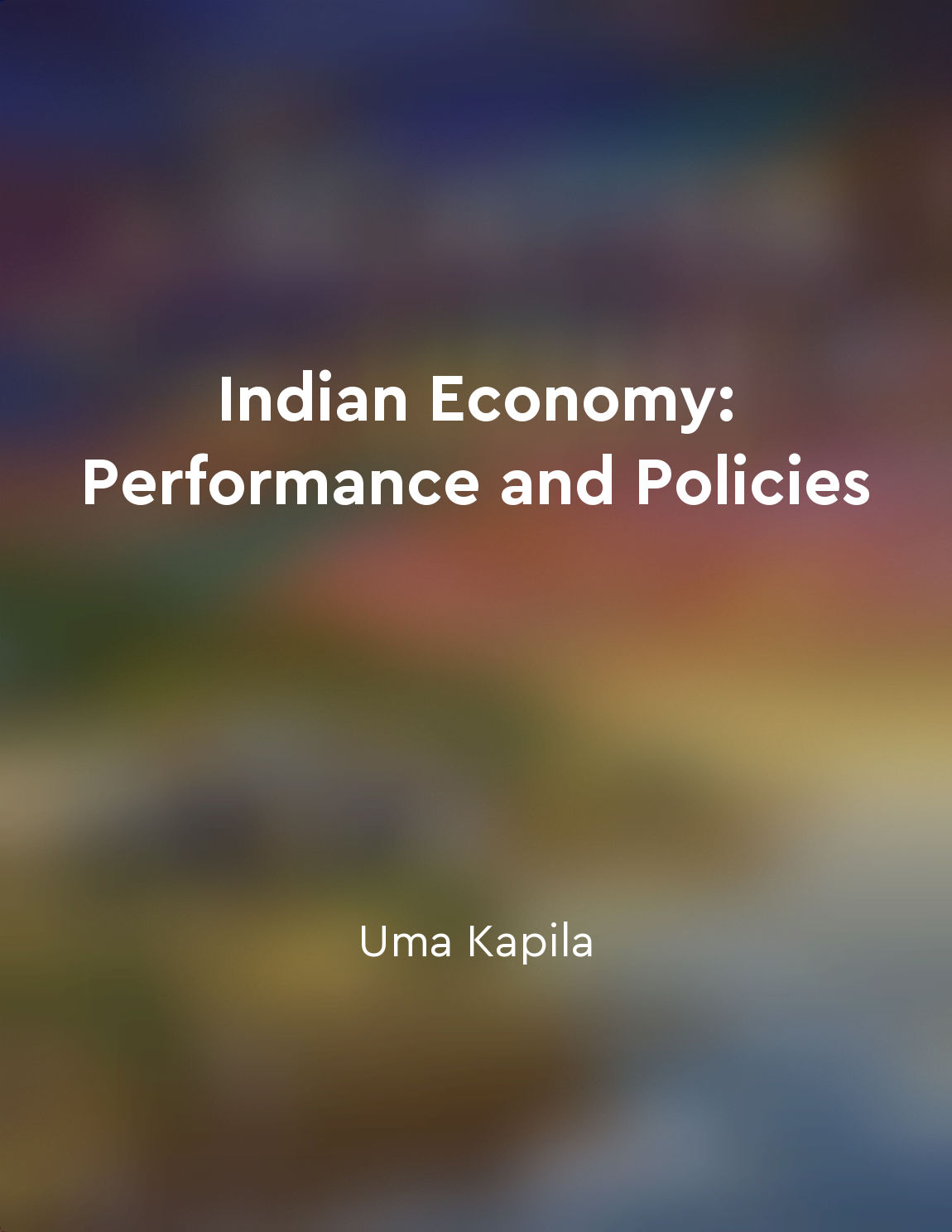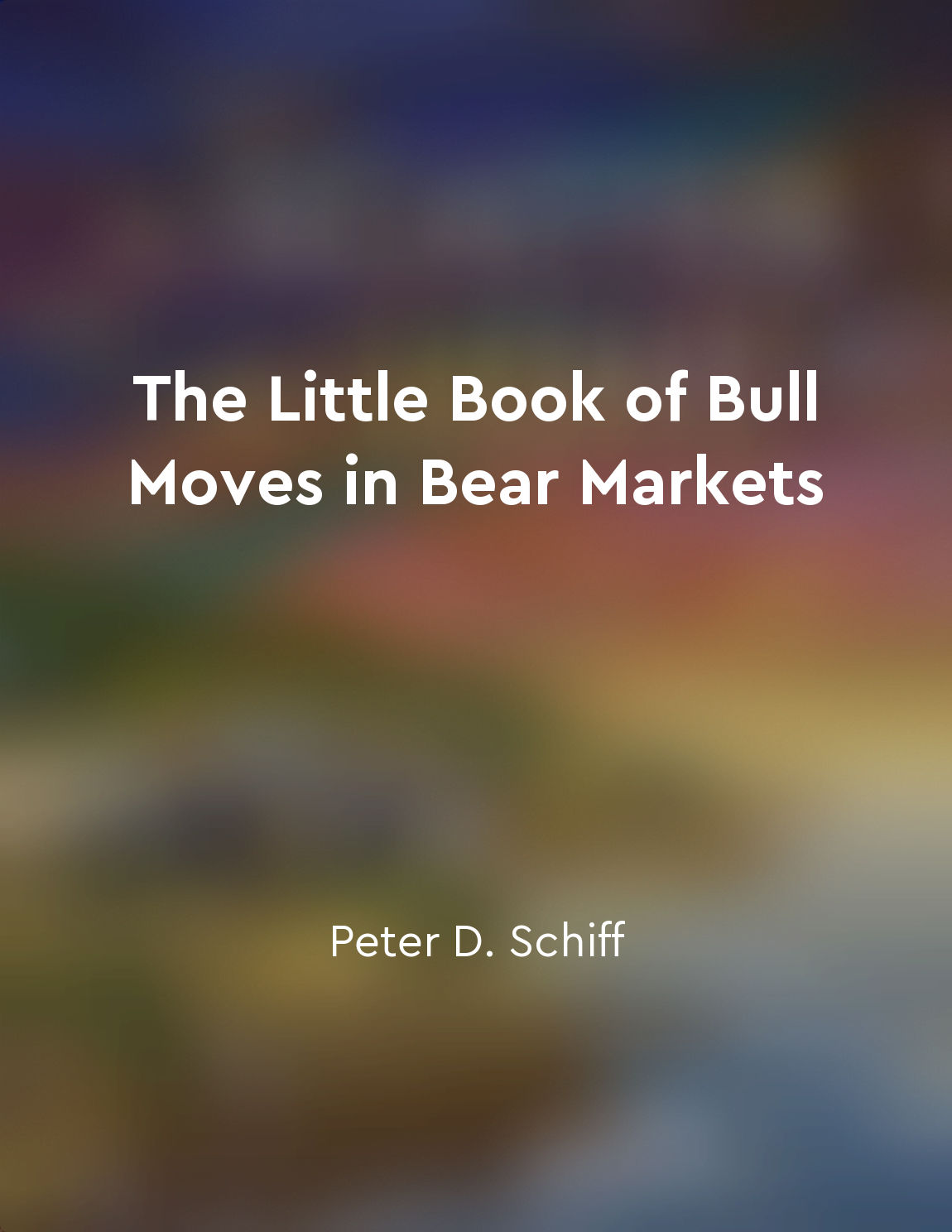Exchange rate regimes vary from fixed to floating systems from "summary" of International Financial Management, Abridged Edition by Jeff Madura
Exchange rate regimes refer to the system used by a country to determine the value of its currency in relation to other currencies. The two main types of exchange rate regimes are fixed and floating systems. In a fixed exchange rate system, the government or central bank sets the value of the currency in relation to a reference currency or a basket of currencies. This fixed rate is maintained through interventions in the foreign exchange market by buying or selling currencies to keep the exchange rate within a narrow band. On the other hand, a floating exchange rate system allows the value of the currency to be determined by market forces of supply and demand. In this system, the exchange rate fluctuates based on factors such as inflation, interest rates, economic growth, and geopolitical events. The government or central bank does not intervene in the foreign exchange market to influence the value of the currency. The choice between a fixed or floating exchange rate regime depends on various factors such as the country's economic stability, inflation rate, trade balance, and exchange rate volatility...Similar Posts

Financial inclusion inclusive growth initiatives
Financial inclusion initiatives are a crucial component of inclusive growth strategies in the Indian economy. These initiatives...

It allows for financial autonomy
Financial autonomy is a fundamental concept that is often overlooked in discussions about money. In the modern world, where fia...
Budget deficits
Budget deficits occur when a government spends more money than it collects in revenue. This imbalance can lead to a host of eco...

Working capital management is essential for a firm's dayto-day operations
Working capital management is vital for a firm's everyday functions because it deals with the management of current assets and ...

Avoid emotional decisionmaking when it comes to your investments
When it comes to your investments, it is crucial to keep a cool head and avoid making decisions based on emotions. Emotions can...

Technology has revolutionized financial services
Technology has transformed the financial services industry in recent years. With the advent of new technologies, such as artifi...
Currency manipulation can lead to trade tensions
Currency manipulation involves a country intentionally devaluing its currency to gain a competitive advantage in international ...

Economic growth vital for business sustainability
Economic growth is a fundamental factor for ensuring the long-term sustainability of businesses. When an economy is growing, it...
Continuous adaptation and innovation are essential for longterm prosperity
The driving force behind long-term prosperity lies in the ability to continuously adapt and innovate. This concept is not just ...
Fiscal policy influences government spending and taxation
Fiscal policy is a powerful tool that governments use to steer their economies in a desired direction. This tool involves makin...
